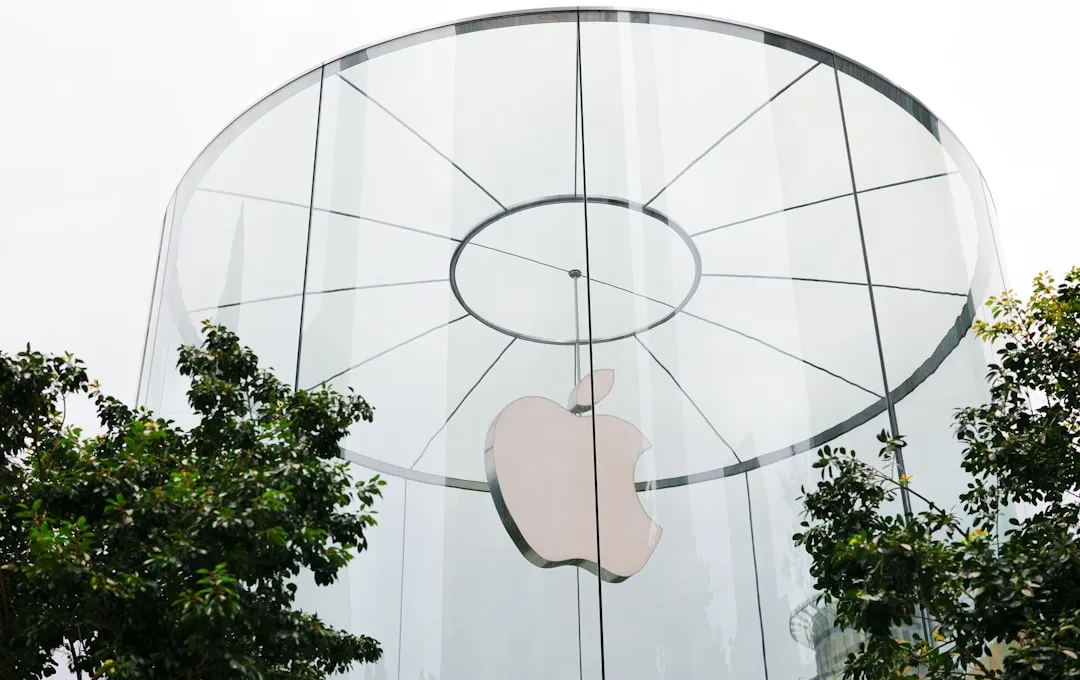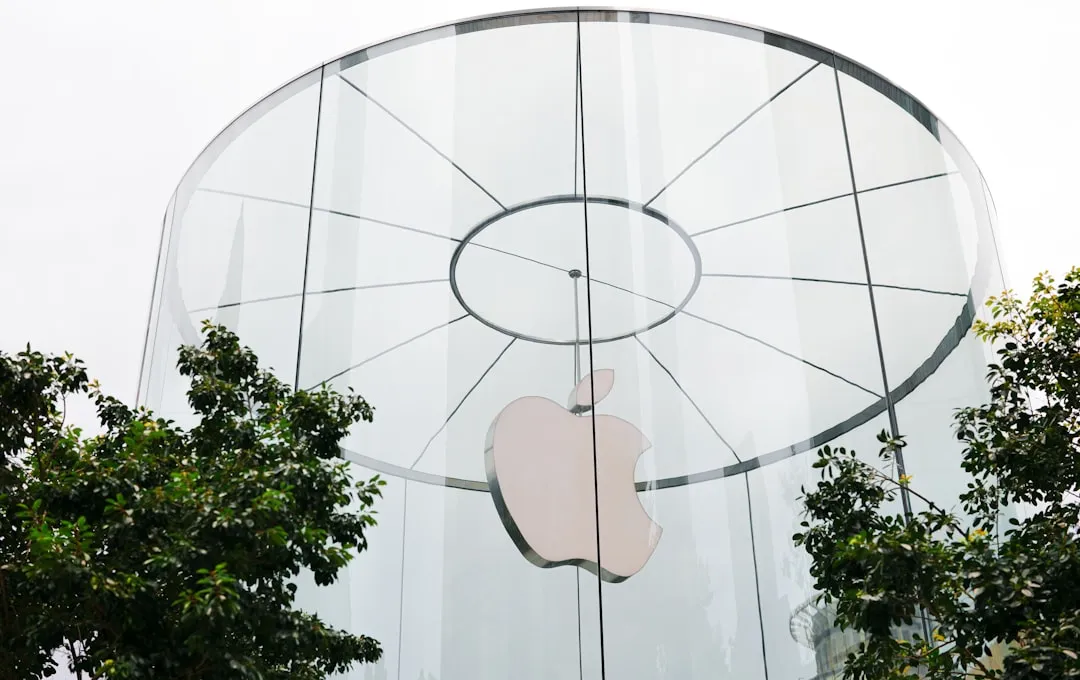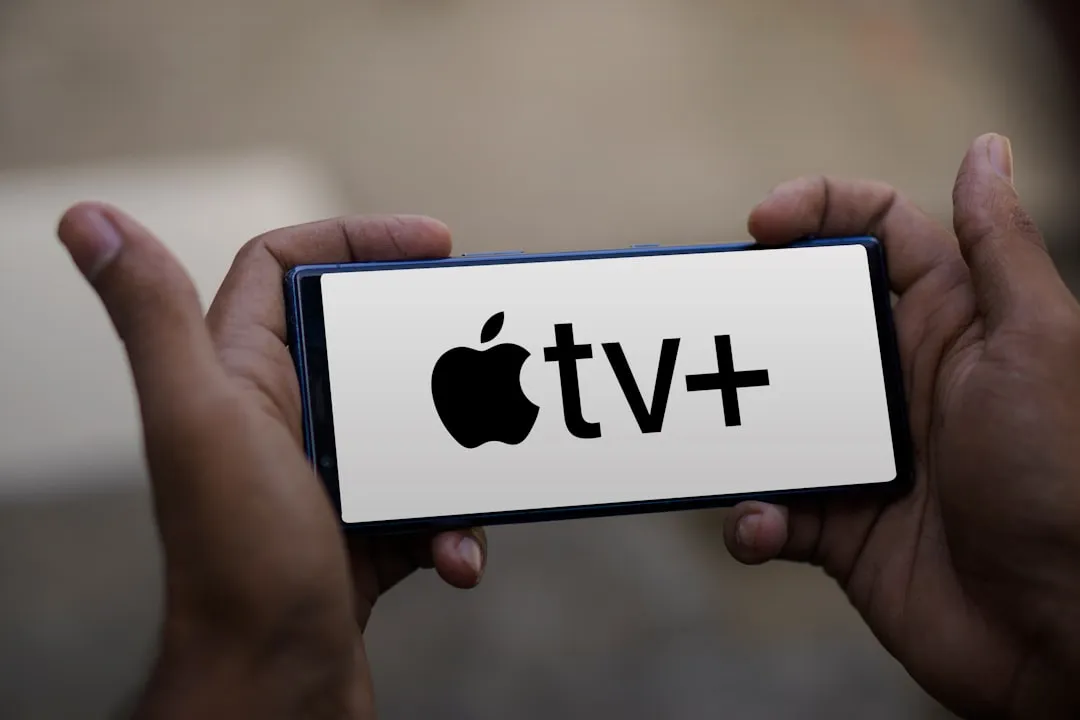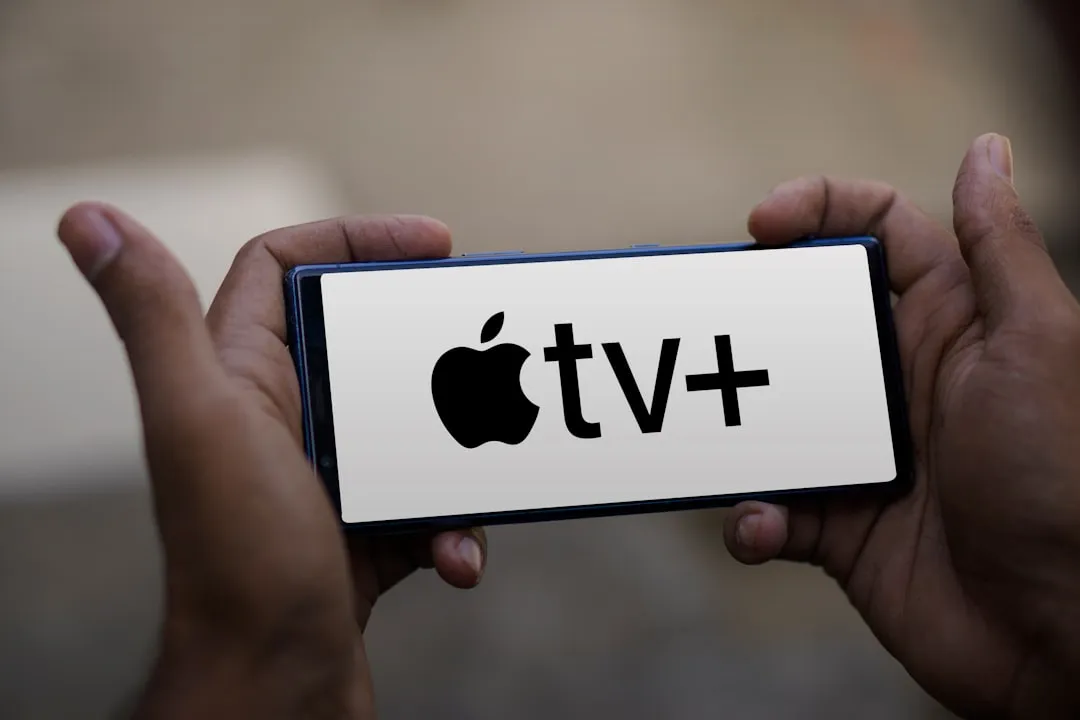Apple's advertising ambitions are taking a bold new direction, and it might change how we navigate our daily lives. The company is reportedly preparing to launch search advertisements within Apple Maps starting in 2026, according to Bloomberg's Mark Gurman. This marks a notable shift from Apple's privacy-first posture as the company looks to expand services revenue. Apple's services division already generates over $100 billion annually, so monetizing Maps feels like the next rung on the ladder.
Here's the thing, this is not just another incremental feature update. It is a fundamental change in how one of the most valuable companies on earth weighs user experience against revenue. For years, Apple cast itself as the premium alternative to Google's ad-supported world. That line is starting to blur. How far, and how fast?
How will Apple Maps advertising actually work?
The system is expected to mirror App Store search ads, adapted for location-based queries. Businesses will be able to bid on search terms like "coffee," "pizza," or "shoe repair" to have their listings appear above organic results. Think of it like this: it is 12:30 downtown, you type "restaurants near me," and the pizza place that paid for that keyword pops up first, even if a higher-rated taco spot sits a block closer.
Apple plans to blend AI targeting and location-based relevance so that the promoted listings feel helpful rather than intrusive. The company says it will use artificial intelligence to deliver more relevant results, and ads will be labeled clearly to separate them from organic results. Apple will leverage AI to ensure that results are relevant and useful. Done well, this shifts from obvious interruptions to timely suggestions that feel native to Maps.
The revenue opportunity behind this strategic shift
This move signals Apple's acknowledgment that hardware alone no longer fuels sustained growth. With phone sales mildly flattening and services slowing, ads are the next big revenue stream. Shareholders see the math. Users may see ads in a place that has been clean and quiet.
Currently, Apple's advertising pull is already meaningful, with Apple earning between $7 billion and $10 billion annually from advertising. Apple's ad division in 2022 was generating $4 billion in revenue annually and wanted to increase that to the double digits. Maps, a product people open constantly, is the obvious venue, and Apple views Maps as a high-traffic venue for monetization.
Scale matters. Google Maps has monetized local search for years, and Apple's user base skews more willing to spend. That could make inventory inside Maps especially valuable. The wider context is hard to ignore, Apple's services business generated $27.4 billion in the third quarter of 2025, up from $13.2 billion five years ago.
The strategy is straightforward, longer replacement cycles for devices have made service revenue crucial, and subscriptions, in-app purchases, and ads provide high-margin income and keep users within Apple's ecosystem.
What this means for Apple's privacy reputation
This shift tests Apple's privacy-first reputation. Apple criticized Google and Meta for tracking users to sell ads, and now Apple itself is ready to follow suit. Relevance in ads depends on behaviors, location patterns, and search intent. That is the very data Apple spent years setting itself apart from.
The contradiction is hard to miss. People buy iPhone for a premium, ad-free experience, and pricing has been justified by features like "unmatched Privacy". Apple's lowest-priced iPhone costs more than many base Android models, and part of that premium has been a cleaner, less commercial feel.
Apple's move to bring ads into maps marks a turning point in its approach to privacy, and the company is transitioning into selling attention from selling premium privacy. In short, Apple has long stood opposite Google's surveillance capitalism pitch. Effective local ads, though, require understanding patterns and preferences that muddy the once bright line.
Bottom line, the cost of Apple's ecosystem lock-in now includes the presence of ads. Can the brand keep its privacy halo while building an ad business that depends on the data practices it once criticized?
The bigger picture: What comes next?
Maps ads look like the opening act. Ads in maps could just be the start, and the company could expand this approach to photos, iMessage, and other apps. This move could expand Apple's growing ad business across more apps, reshaping how people interact with their devices.
Timing matters too. The feature rollout for Apple Maps ads is suggested to occur in early 2026, possibly aligned with an upcoming iOS update. That window gives Apple room to tune the product and show that ads can improve discovery instead of cluttering the screen.
The long game is clear, Apple's long-term plan is to double its services revenue. Advertising is the most scalable lever to pull, and Maps could be the bridge to bringing ad formats across more Apple touchpoints.
Competition with Google in local ads is now head-on. Apple has the advantage of a higher-spending user base and tight device integration. That said, many users may feel concerned about their iPhone becoming cluttered with advertisements, transforming it into what could feel like a 'digital billboard' for Apple's various services.
PRO TIP: If you're a business owner, start learning how location-based search ads work on other platforms now. The playbook will transfer when Apple flips the switch.
Execution is the test. Apple wins when design and utility come first, even in crowded markets. If Maps ads feel like timely help instead of noise, Apple can monetize without tanking satisfaction. If not, ads creeping into apps might dilute Apple's premium identity, and people will notice if they are paying premium prices for a more commercial experience.
As 2026 approaches, Maps becomes the proving ground for whether Apple can balance revenue and respect for the user. The result will shape not only how we find a coffee shop on a busy corner but how we think about premium tech products that are, piece by piece, supported by ads.




























Comments
Be the first, drop a comment!